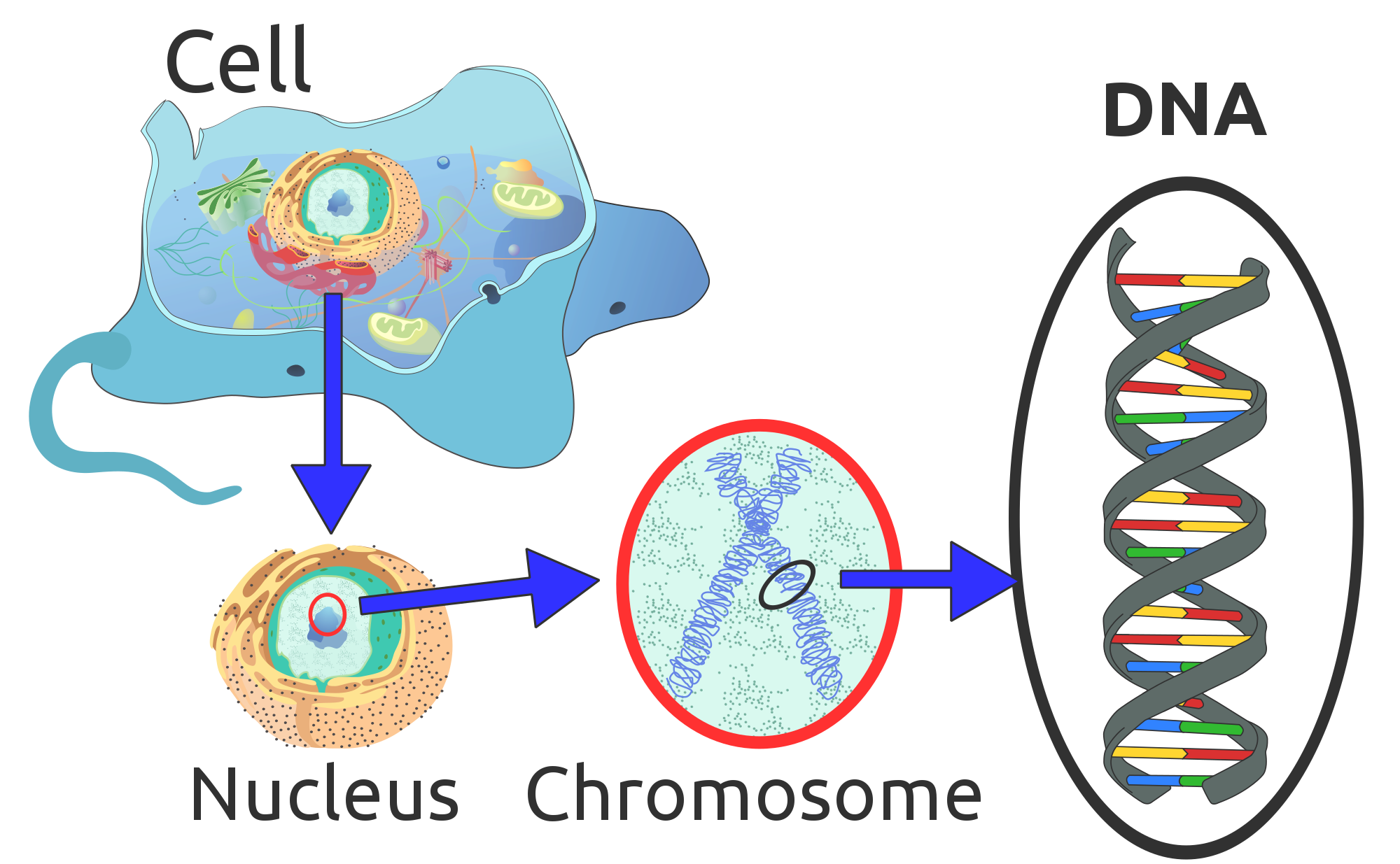Some good news here.
Texas criminal justice organizations have begun reviewing thousands of cases that relied on an outdated method for calculating the odds that a particular person left DNA evidence at a crime scene.
At issue are samples that include more than one person’s DNA, such as evidence swabbed from a countertop after a convenience store heist or taken from bodily fluids in a rape kit. Experts revised national guidelines for calculating odds in these scenarios six years ago, but no one sounded an alarm or asked prosecutors to re-examine cases that used the previous methodology.
Now, Texas labs and lawyers are reviewing pending prosecutions and thousands of adjudicated cases, including those of death row defendants who had this type of evidence presented at trial.
The science behind DNA testing hasn’t changed, but for mixed samples, analysts now focus on fewer factors in their results before determining the odds of someone being at the scene. The findings are more conservative.
Inaccurate calculations still might be happening around the country, said Barry Scheck, director of the Innocence Project, a legal nonprofit that has reviewed post-conviction DNA evidence since 1992. Scheck took an informal poll last week among forensic scientists at a national conference on the outdated “multiple contributor” DNA protocol, and all agreed: “Texas is the only place that’s systematically trying to correct it.”
The review was initiated by crime labs and coordinated by the state’s Forensic Science Commission. Prosecutors, defense lawyers and judges have joined the effort to comb through old cases, contact affected parties and, in some instances, halt the judicial process to ensure the science is up to date.
[…]
The new results may have little or no bearing on a defendant’s guilt. But in a rare show of solidarity in the adversarial legal system, leaders of the state’s science, law enforcement and criminal-defense communities have banded together to deal with the problem.
“Texas is really the only state that’s taking it seriously,” said Sandra Guerra Thompson, a University of Houston criminal-law professor who has studied wrongful convictions and serves on the board of the Houston Forensic Science Center. “Instead of looking at this as a big mess, I think we need to be applauding our state’s leaders for having the apparatus in the first place to deal with this issue and for using it.”
See here for the background. It’s great to see a proactive review of this change in how DNA mixtures are analyzed, to see what cases may need to be revisted, and it’s especially good to see Texas being a leader in that. None of this would be happening without the Texas Forensic Science Commission, which despite Rick Perry’s onetime efforts to neuter it to prevent any real scrutiny of the Todd Willingham case, has become an invaluable tool in criminal justice reform.

